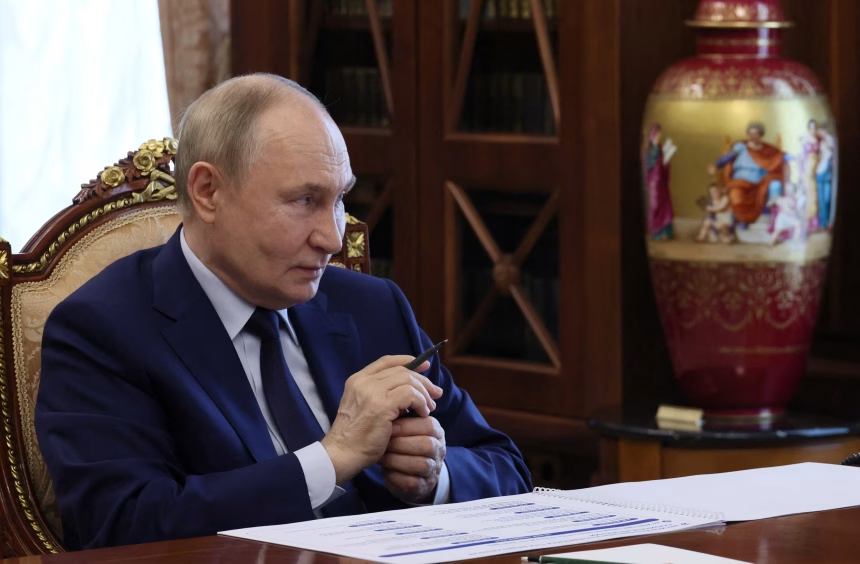Russia could be preparing to take hybrid warfare to a whole new frontier—outer space. That’s the warning from Elena Grossfeld, a British expert in space weapons and Russian intelligence operations at King’s College London. She believes the Kremlin may be plotting a large-scale sabotage operation in orbit, with the aim of disabling satellite systems belonging to Ukraine’s allies, including the United States.
According to U.S. intelligence, Russia is developing a highly classified project to deploy anti-satellite missiles armed with nuclear warheads into space.
Grossfeld, speaking to Forbes, described the potential attack as an “orbital Pearl Harbor.” One scenario being discussed by experts involves Russia intentionally detonating its own nuclear-armed spacecraft near the Van Allen radiation belts. This could trigger a catastrophic chain reaction, disabling thousands of satellites.
“A single explosion could cripple thousands of satellites. That would rewrite the rules of space warfare,” she explained, calling it the opening move of what could become the world’s first space war.
What makes this threat even more troubling is the deniability built into the tactic. Russia could destroy satellites while denying any intentional wrongdoing—making it difficult for NATO to justify a direct response. Though Moscow would lose some of its own space assets, the strategic advantage of leveling the playing field could be worth it, especially if a full-scale space conflict is on the horizon.
Space War Could Bring Earth to a Standstill
Grossfeld also noted that Russia is investing heavily in various anti-satellite capabilities, including missiles, lasers, and cyber tools—laying the groundwork for an eventual showdown in orbit. A nuclear detonation in space would be the most dramatic show of force yet and could primarily impact satellites from companies like SpaceX, which provide critical communications for Ukraine’s military and government.
In the event of such an attack, consequences on Earth would be severe. Disabling satellite networks could cause massive disruptions to internet access, phone networks, emergency communications, GPS navigation, and even traditional broadcast media.
Sabotage has long been a central tactic in Russian statecraft dating back to the Soviet Union, Grossfeld pointed out. She sees the move into space as the natural next step. “This is about empire-building. About rewriting the rules of the game in orbit—permanently,” she said.
The West Watches—But Does Not Act
NATO Secretary General Mark Rutte recently acknowledged Russia’s sabotage efforts, saying the Kremlin has actively worked to destabilize member states and divide Western societies.
In fact, just before launching its full-scale invasion of Ukraine, Russia allegedly carried out a covert cyberattack on Viasat communication systems used by Ukraine to coordinate with allies. Though the attack was condemned by the EU, U.S., and U.K. in May 2022—with the British foreign minister warning of “serious consequences”—concrete action never followed.
Despite repeated acts of sabotage across Europe, neither NATO nor the United States has taken direct measures against Russia in response, Grossfeld concluded. “The silence is deafening,” she said, warning that Putin continues to move forward with his imperial plans unchecked.











